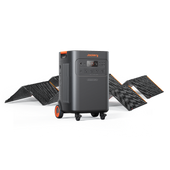


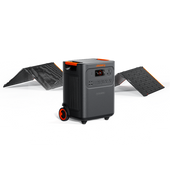




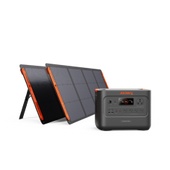










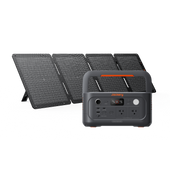








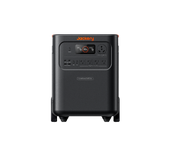


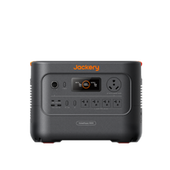






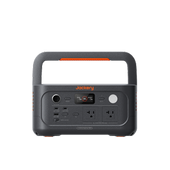















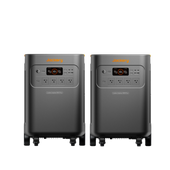


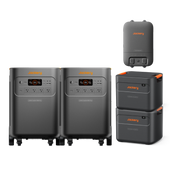














![[Add - on] Jackery Manual Transfer Switch for Explorer 5000 Plus - Jackery](http://www.jackery.com/cdn/shop/files/add-on-jackery-manual-transfer-switch-for-explorer-5000-plus-9017324.png?v=1754016782&width=170)
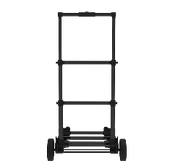










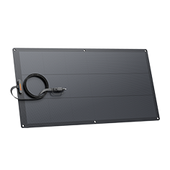





























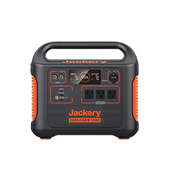









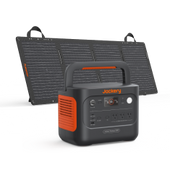


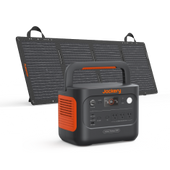































































![[Add - on] Jackery Manual Transfer Switch for Explorer 5000 Plus - Jackery](http://www.jackery.com/cdn/shop/files/add-on-jackery-manual-transfer-switch-for-explorer-5000-plus-9017324.png?v=1754016782&width=170)


















































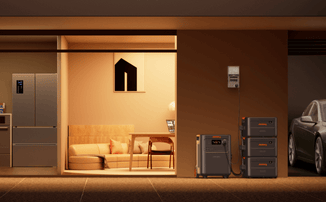

















































































![[Add - on] Jackery Manual Transfer Switch for Explorer 5000 Plus - Jackery](http://www.jackery.com/cdn/shop/files/add-on-jackery-manual-transfer-switch-for-explorer-5000-plus-9017324.png?v=1754016782&width=170)




































































No Tricks, Just Power
Up to 56% Off!
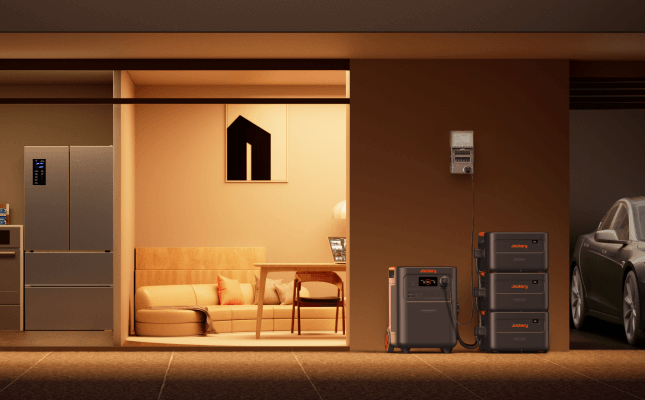









On Georgia’s Atlantic edge, the storms arrive without ceremony. The sky bruises, the trees bend, and the air grows heavy with salt. Ms. Carey R. knows this rhythm by heart. She has lived through hurricanes that washed away neighborhoods, tornadoes that touched down without warning, and week-long power outages that left her food thawing and her dogs panting in the dark.
“When the lights went out, I always felt helpless,” she says. The helplessness wasn’t just about refrigerators or air-conditioning. It was the fear that her fragile home, already set low against the woods, might flood. It was the silence after the hum of electricity died.
Now, there is a quiet counterpoint to that silence: the low, steady hum of her Jackery HomePower 3000.
Carey did not find Jackery in a store aisle. She discovered it in passing while watching two Canadian YouTubers, Tyler and Todd, living their lives off-grid. Each time they spoke about the device that saved them in rainstorms and long drives, the name sank deeper into her mind. Other van lifers, tiny home dwellers, and RV nomads echoed the chorus.
Years later, on Prime Day, she finally pressed the button “buy”. The Jackery HomePower 3000 arrived with a smaller Jackery Explorer 240 and two solar panels. To most, they are tools. To Carey, they are a shift in her story.
“It changed my whole relationship with outages,” she says. “From fear to confidence.”
Gas generators once filled her nights with noise and fumes, their engines growling against the quiet. She worried about leaving them outside, about carbon monoxide seeping through the walls, about whether her seventy-eight-year-old mother in Florida could ever manage one herself.
The Jackery was different. Portable. Nearly silent. “Nobody even knows I’ve got power running,” Carey says. “It’s next to silent. That peace of mind is everything.”
She runs her gas generator during the day to recharge the Jackery, then at night, the HomePower keeps her refrigerator cold, her fans moving air, and her dogs comfortable. The neighborhood sleeps. And she can, too.
Once, Carey dreamed of Asheville. The mountain town with its craft shops and forests seemed like the safe haven she longed for—until Hurricane Helene tore through it last year. The place she imagined retiring to was suddenly devastated.
It changed the way she thought about permanence. “There’s nothing permanent anymore,” she says. Now, she imagines something smaller: a studio-like home, an RV, maybe just enough space for her two “fuzzy footeds” and the essentials. “I migrate between three rooms in this house anyway. I don’t need more than that.”
Jackery fits into this dream. Its portability means she can take it to her mother’s, tuck it into her Corolla, or rebuild a life in a smaller place without tethering herself to the fragile grid.
Carey’s mother has never lost power for more than a couple of hours, even in Florida’s fiercest storms. She jokes about her Wi-Fi being out while Carey sits for days in the dark. “I don’t even want to put it out into the universe,” Carey laughs, “but she’s blessed.”
Still, Carey wants the option of bringing the Jackery down to her mother. “Mom couldn’t manage five-gallon gas cans. She couldn’t start the generator. But she could use this.” In that thought, Carey finds comfort: a way to care across distance.
Carey’s faith is unconventional. Sobriety gave it to her in 2011, after decades of alcohol nearly consumed her. She calls her higher power “Bob”—a name that strips the weight of dogma while keeping the humor alive.
“Bob can be an asshole,” she says, smiling. “But so can I. And he keeps me humble.”
That faith carries her, but so does the quiet assurance of electricity when storms take everything else. For someone who once felt powerless in the truest sense, power itself—stored, portable, reliable—feels surreal.
After a rheumatoid arthritis diagnosis, her body betrays her more often now, but her hands still crave work. She grazes her backyard to fight flooding, charges her tools off the Jackery, and rigs wall pass-throughs so generator cords run neatly without cracked doors. She calls it “redneck engineering,” but it’s closer to craft. The same hands that once painted signs and shaped wood now shape the rhythms of her survival.
In that work, she finds a sense of dignity: not just keeping the lights on, but reshaping her life to fit her changing body and her uncertain world.
Carey is quick to point out that she isn’t a typical Jackery customer. “I’m not a Subaru-driving, money in the bank, world traveler kinda gal.” she says. “For me, it’s survival.” She thinks solar brands too often overlook people like her—disabled, retired, lower income, living in the places where infrastructure can be at its worst.
“The emotional security I feel right now is huge,” she says. “That alone was worth the investment.”
She wants others in her position to know the same relief. “Even if it’s just knowing this month’s groceries won’t spoil. That’s hundreds of dollars saved. That’s peace of mind.”
Jackery has not solved all of Carey’s problems. Bills still weigh her down. Her body still limits her. But it has changed her outlook.
“Before, the idea of going solar felt like a pipe dream,” she says. “Now it feels necessary—and within reach.”
She knows she’ll need to sell her too-large home, save money for upgrades, and build step by step. But she no longer sees it as impossible. The machine in her living room hums proof that the dream is real enough to touch.
In the end, Carey doesn’t describe the Jackery in terms of watt-hours or voltage. She describes it in terms of relief. The relief of silence after a storm. The relief of knowing her mother could manage it if needed. The relief of sleeping through the night without the roar of gasoline engines outside.
“It changed my whole life,” she says simply. “Because it gave me back my peace of mind.”
For Carey, power is not about luxury. It is about the quiet hours—those long stretches of darkness when the storm has passed but the grid has not yet healed. In those hours, the Jackery glows like a promise: that even in an uncertain world, there is light waiting in the dark.
More